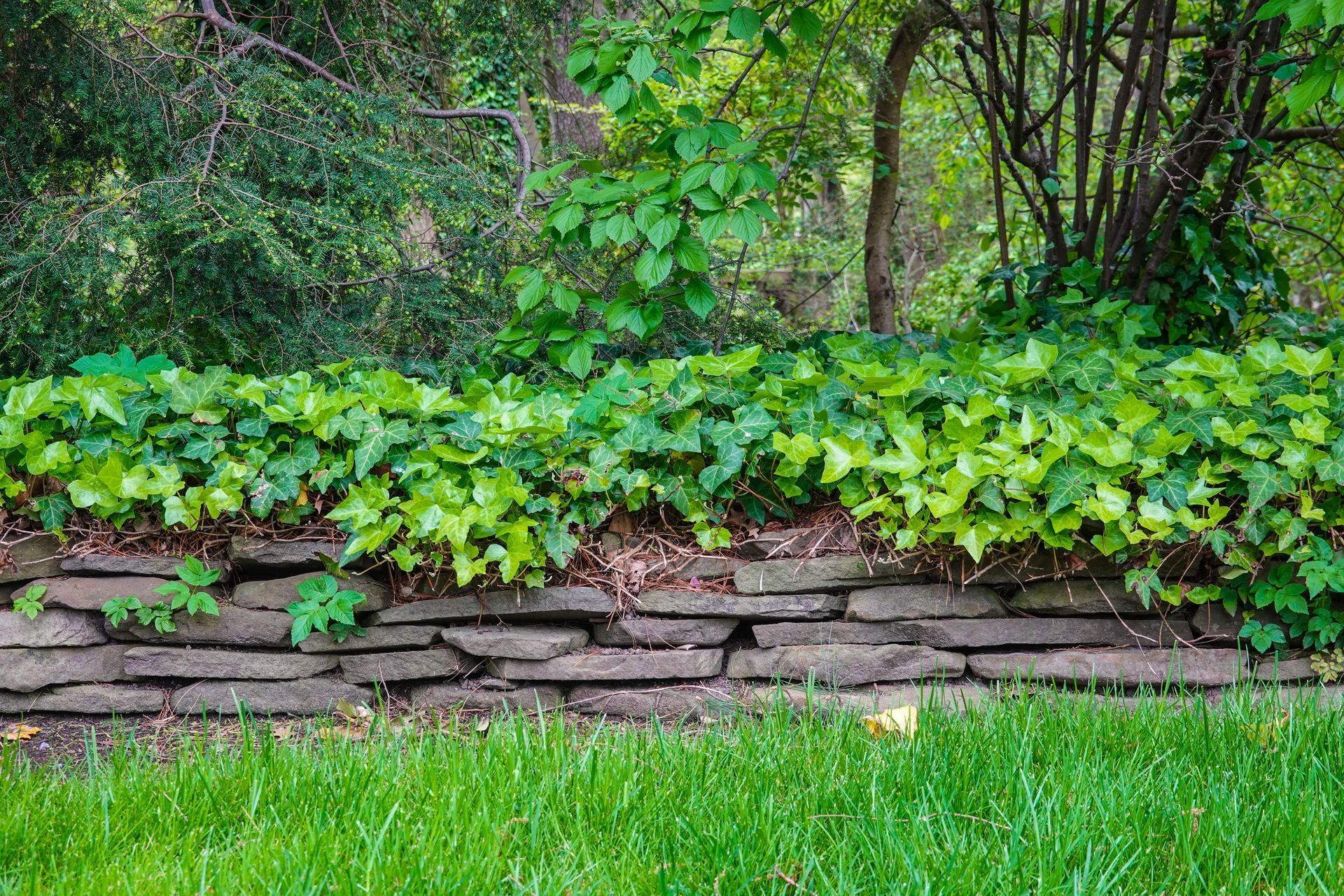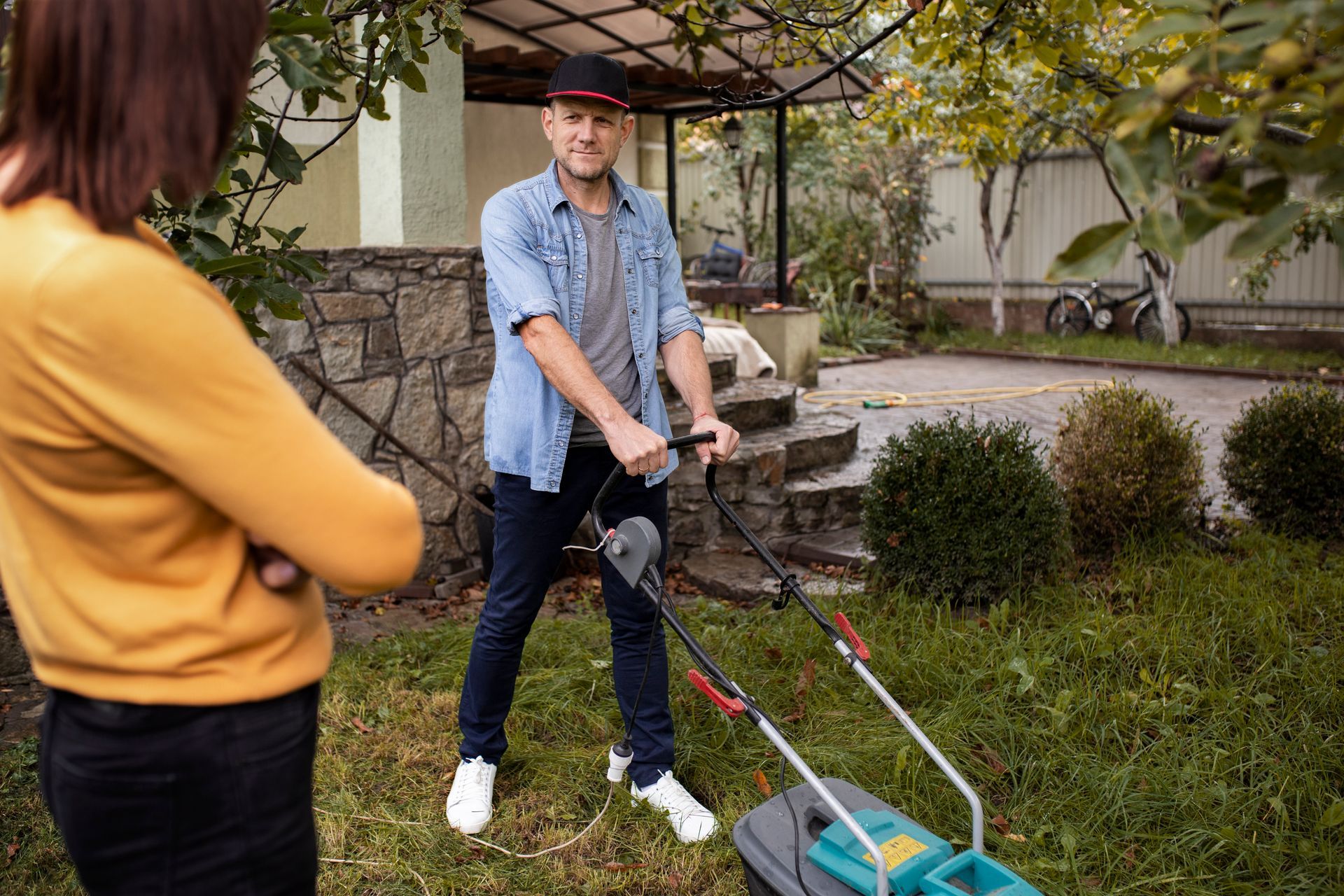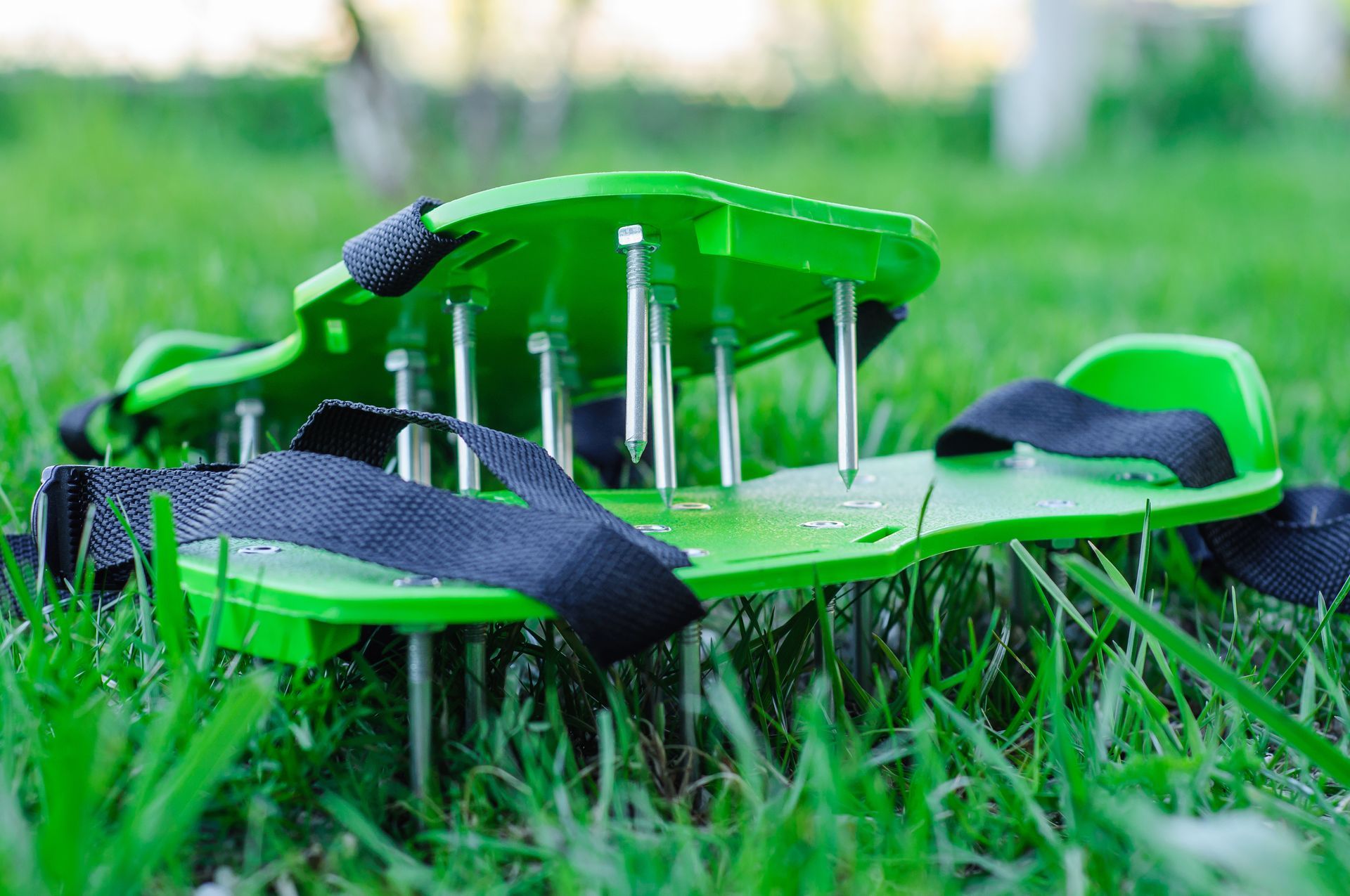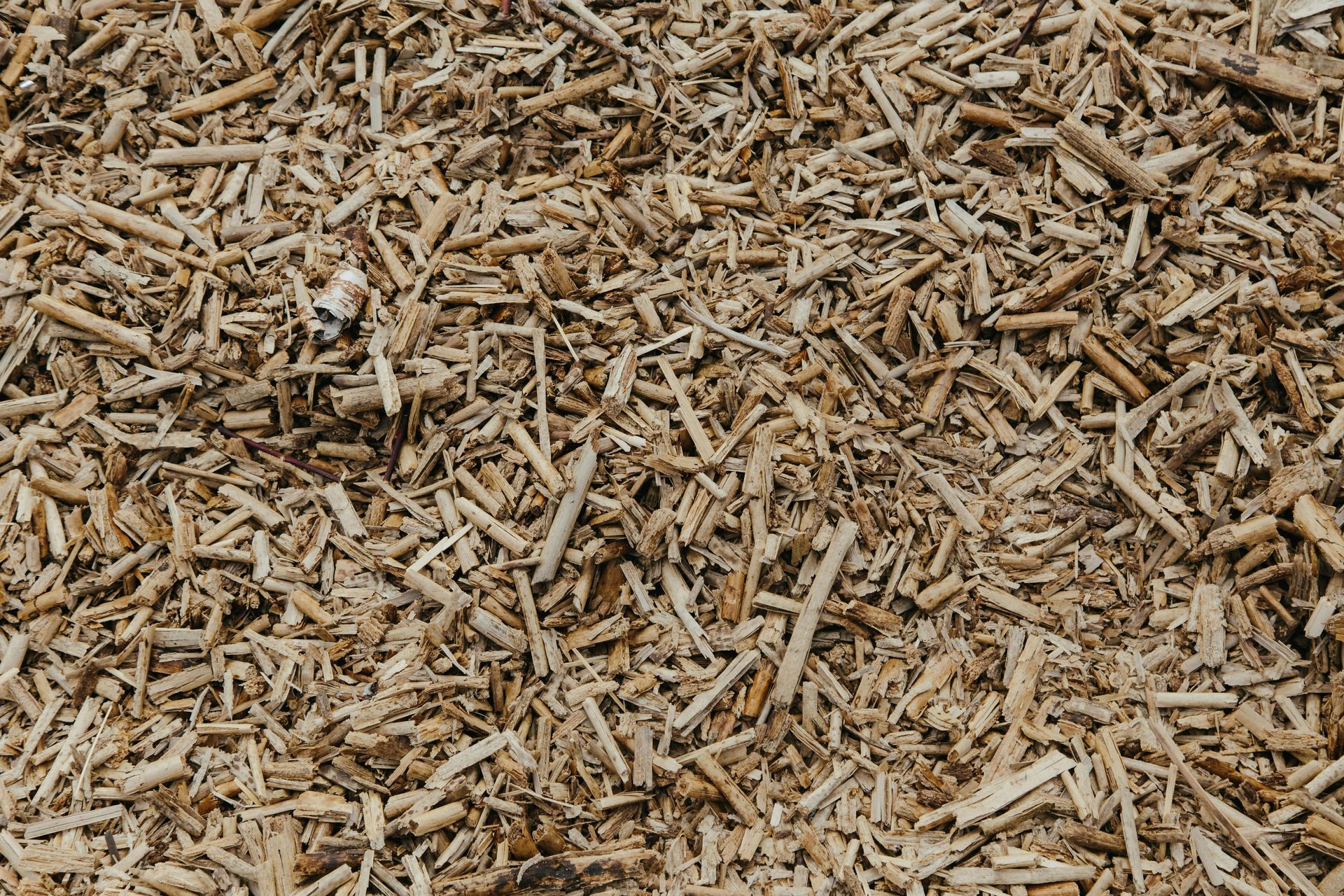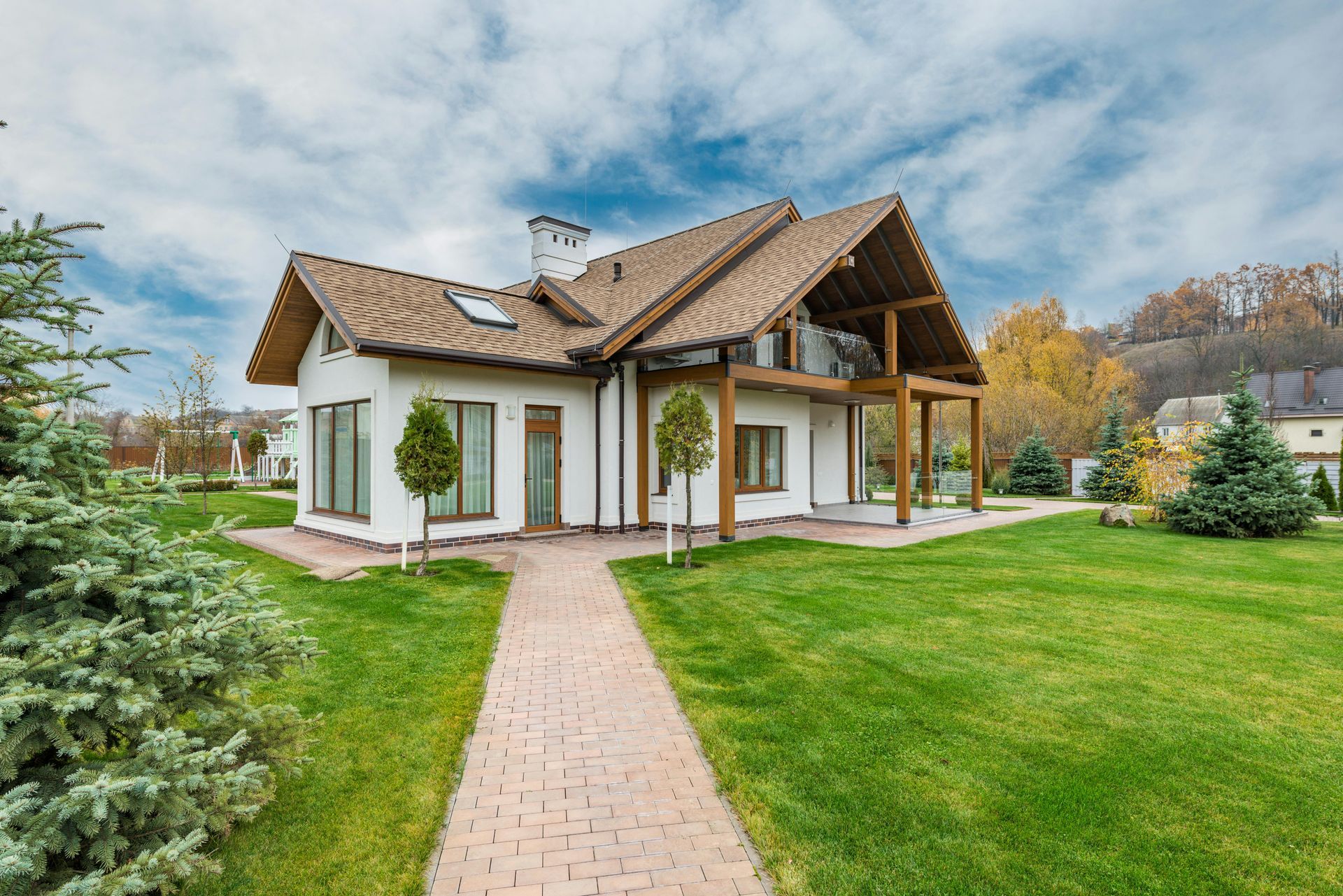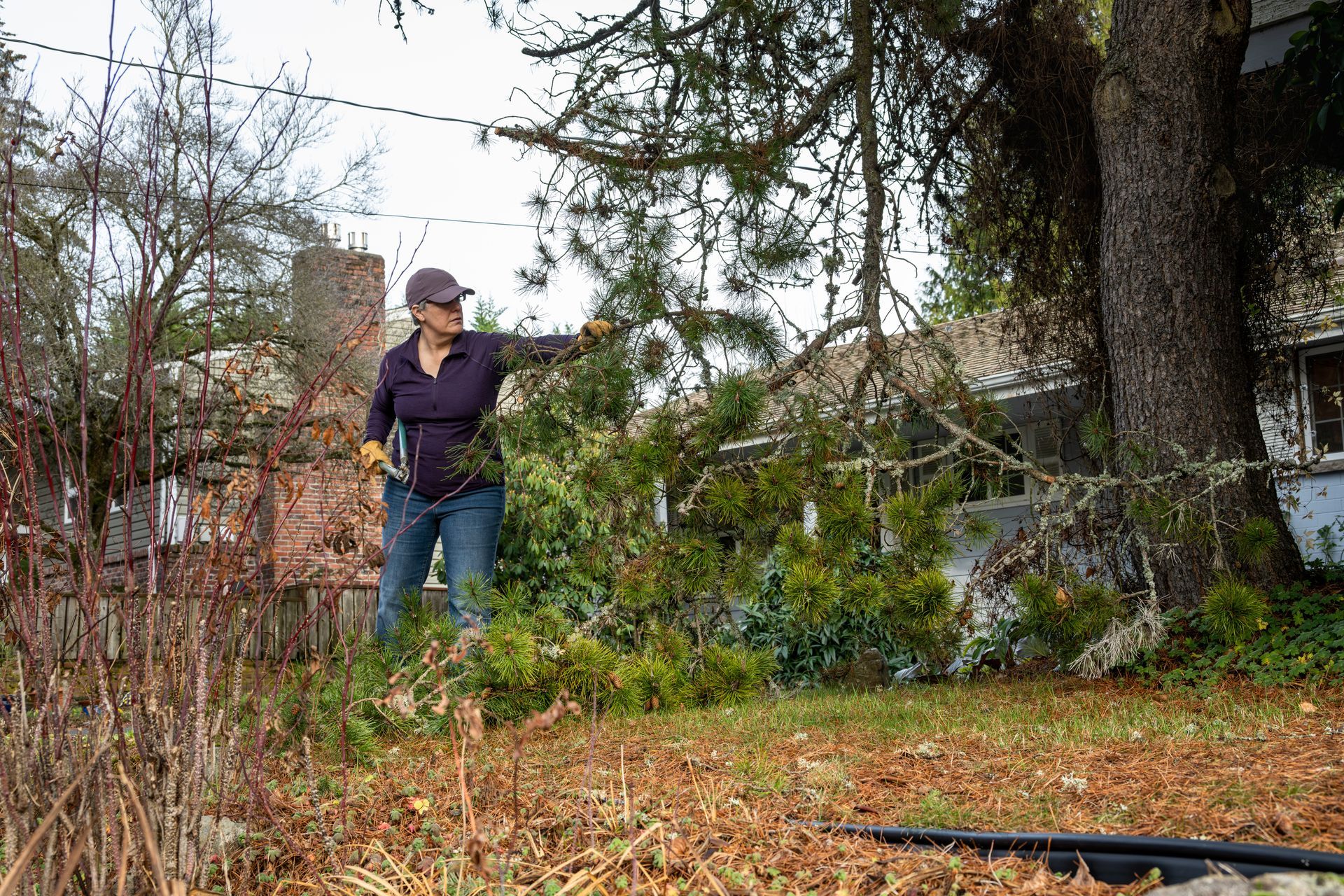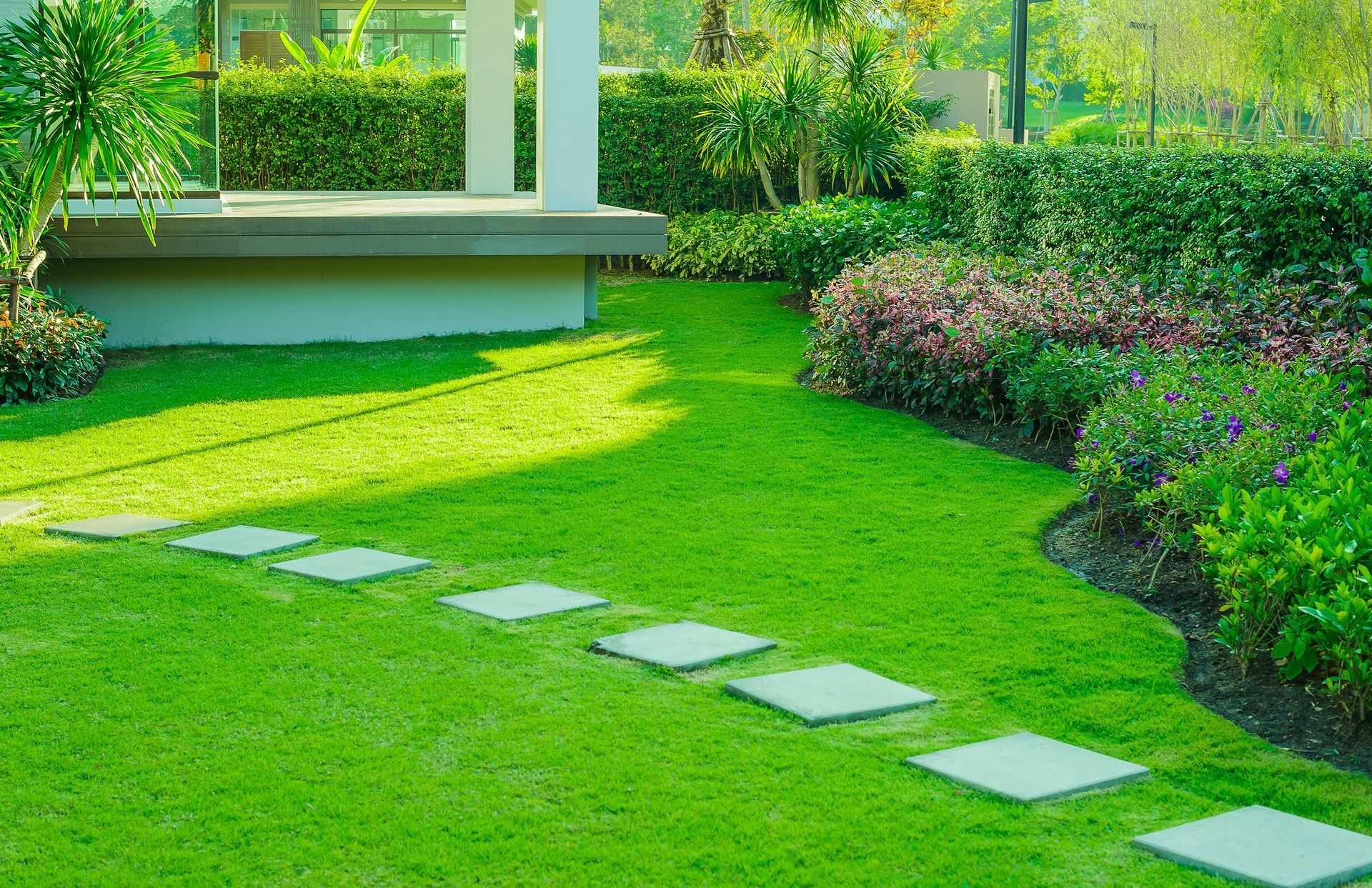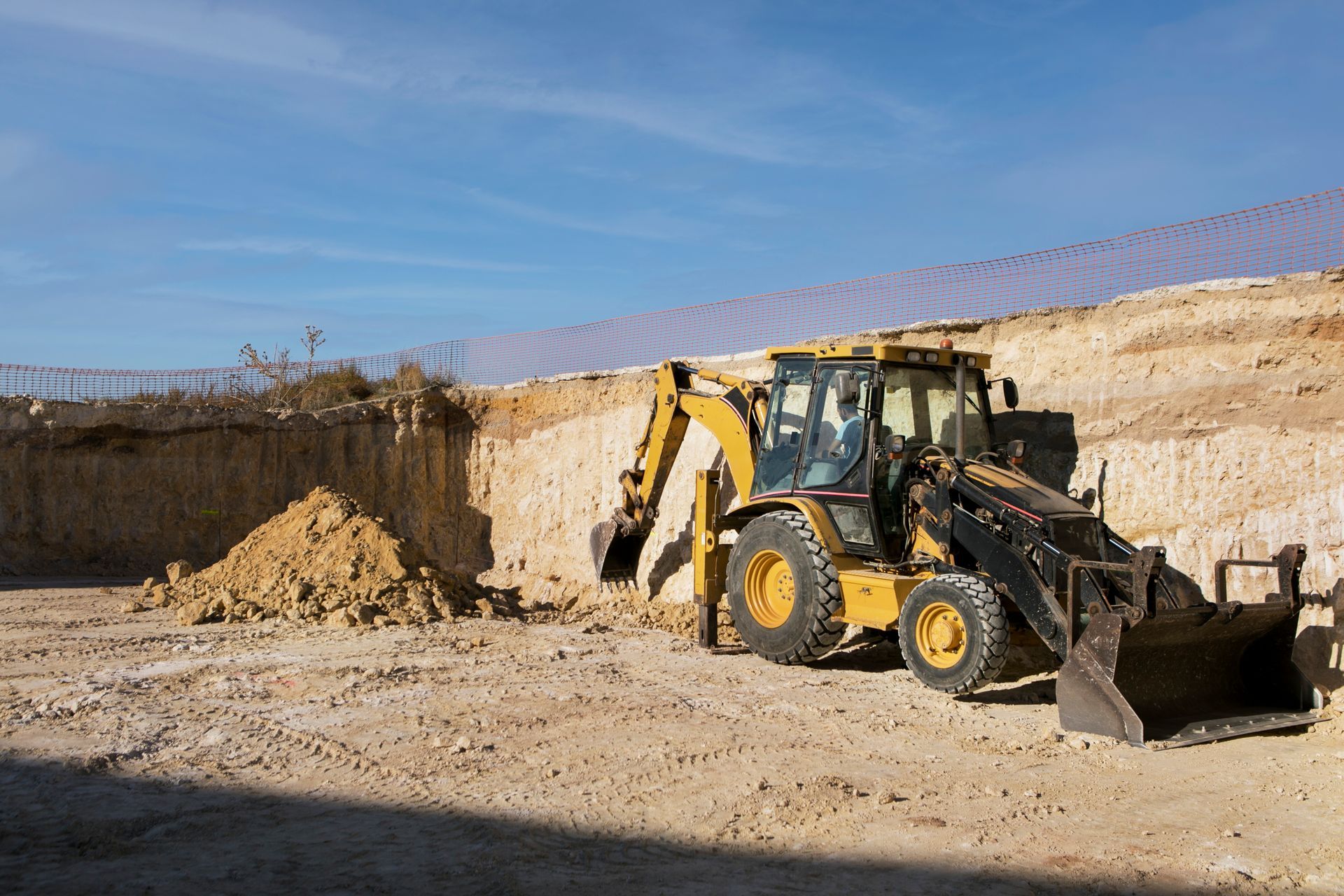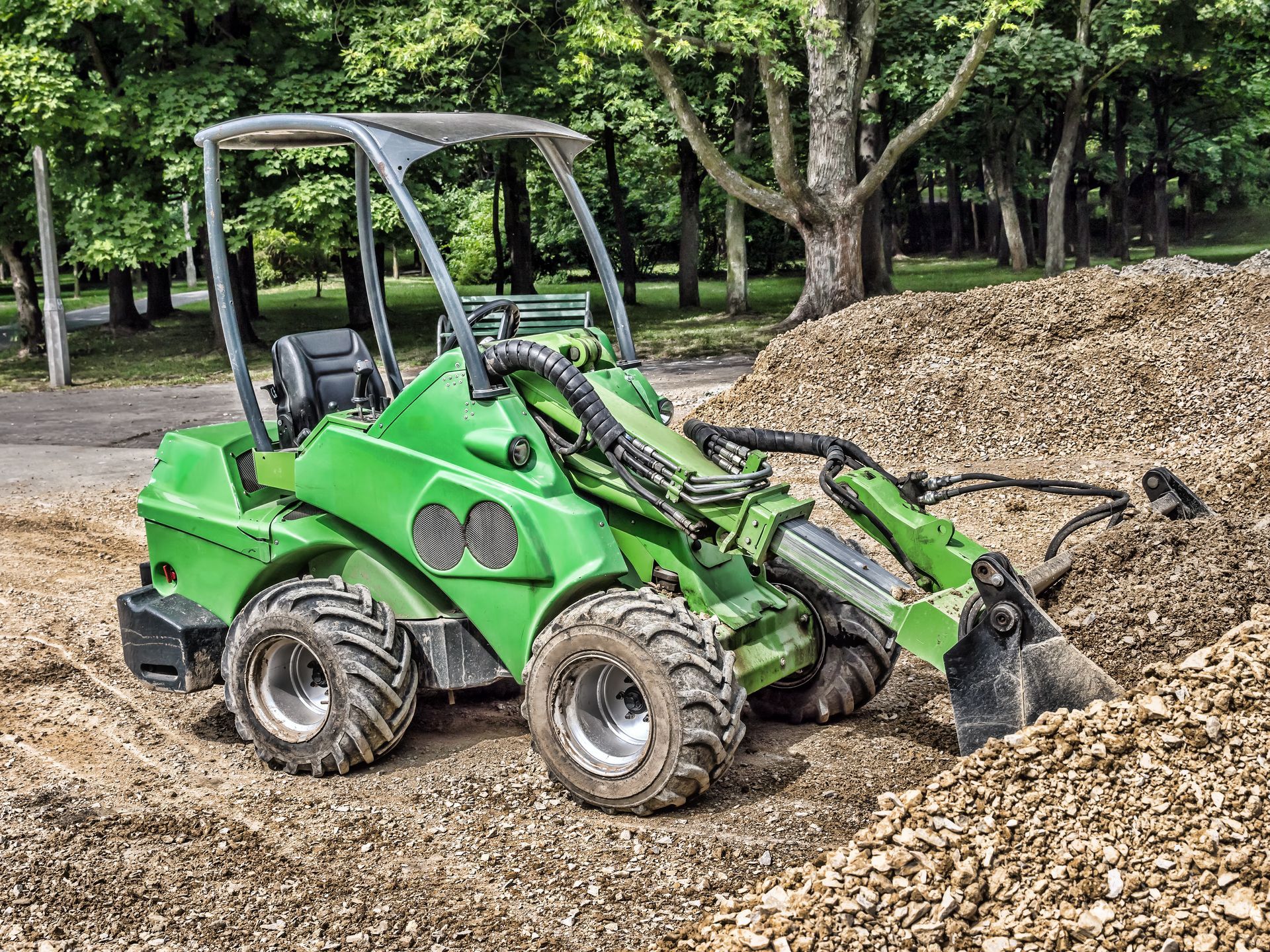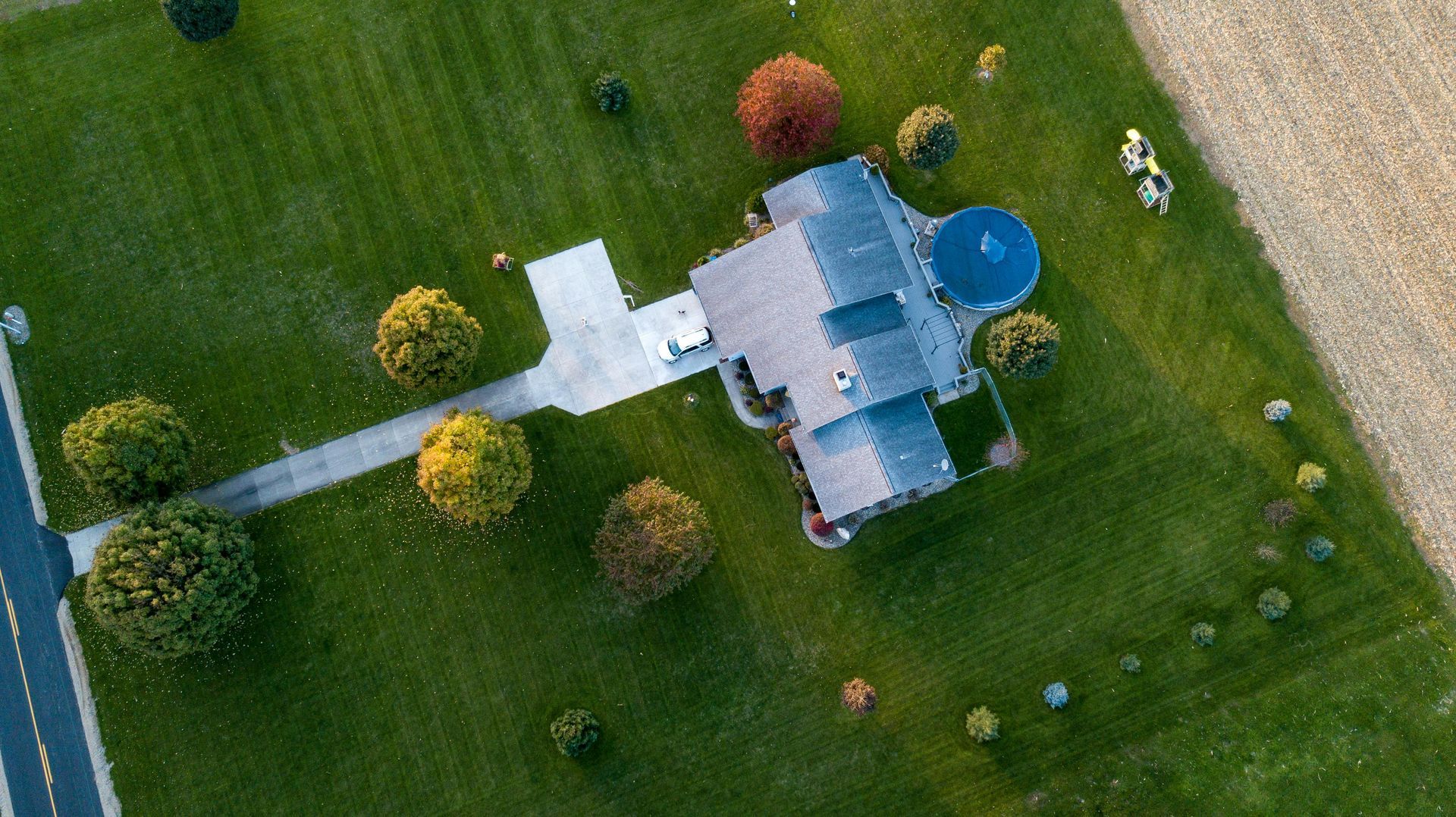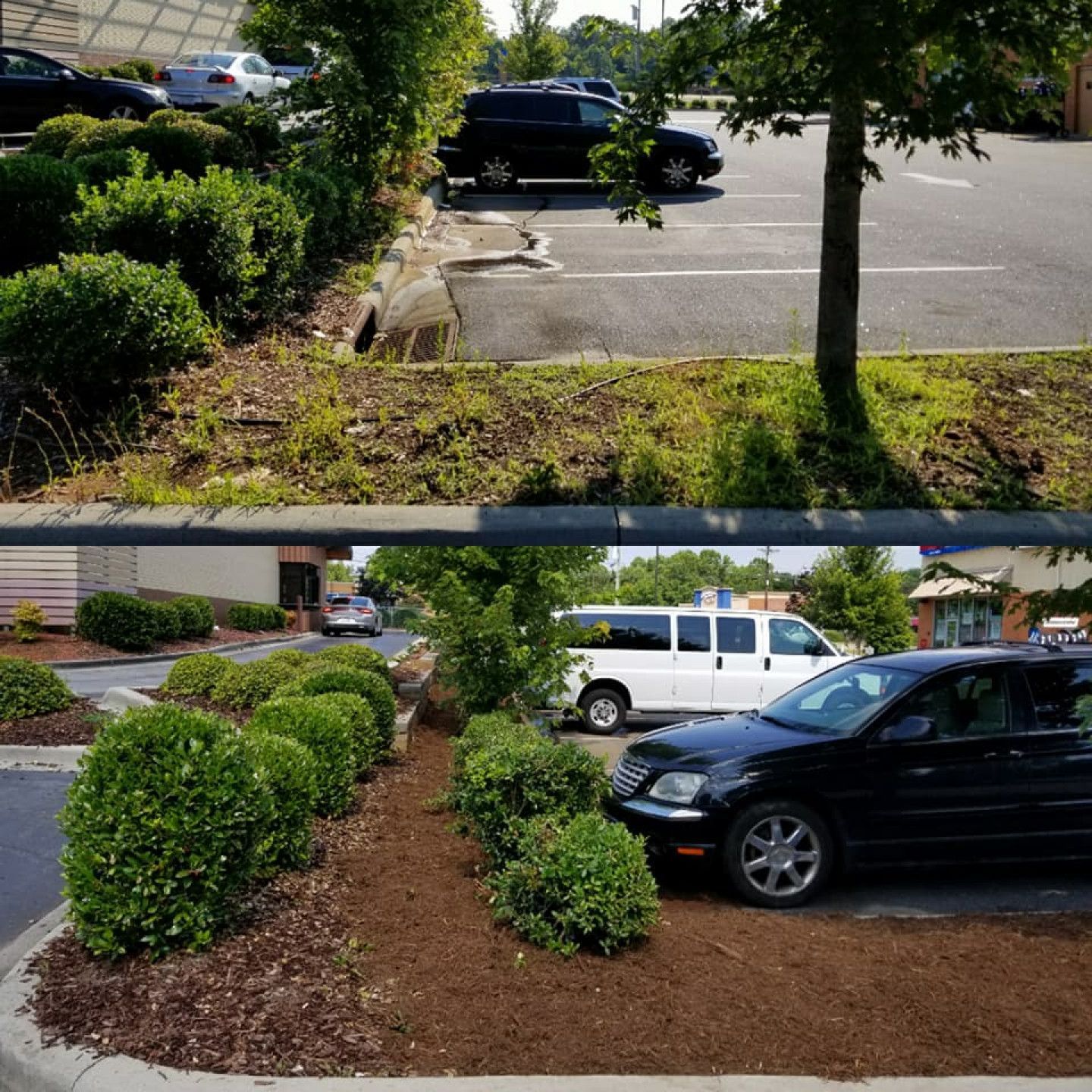Common Questions About Retaining Walls Answered
Are you considering enhancing your property’s aesthetics or dealing with persistent erosion issues on a slope? A retaining wall could be the perfect solution. At
Pro Series Lawn Care in Conover, NC, we frequently field questions about these essential landscape structures. We offer expert
retaining wall services, from design to professional installation.
This comprehensive guide aims to address the most common inquiries our clients have about retaining walls. We’ll cover their fundamental purpose, the construction process, and why professional help is paramount.
The Core Function: What are Retaining Walls Used For?
The primary purpose of a retaining wall is to hold back soil and prevent it from moving downslope due to gravity or erosion. Essentially, they stabilize slopes and create usable, level areas on otherwise uneven terrain. This function is vital for managing water runoff and protecting underlying structures or landscaping.
Beyond stabilization, these walls also serve a significant aesthetic function in landscape design. They can define property borders, create tiered garden beds, and add valuable visual texture to your outdoor space. They are a functional and beautiful way to manage elevation changes.
Types of Retaining Walls and Material Choices
There is a variety of retaining wall types, each suited to different applications, budgets, and aesthetic preferences. The most common types include gravity walls, cantilevered walls, and sheet piling walls. Gravity walls rely solely on their own weight and mass to resist the pressure of the earth behind them.
The materials used for building a retaining wall are also varied. Popular options include poured concrete, natural stone, segmented concrete blocks (often the choice for residential projects), and treated timber. The best material for your project will depend on the wall's height, the soil conditions, and your desired look.
The Essential Steps of Retaining Wall Installation Service
Executing a successful retaining wall installation service requires careful planning and precise execution, making it a job best left to professionals like
Pro Series Lawn Care. The process begins with proper site assessment and design, which determines the wall's location, height, and drainage needs. This is followed by excavating the area and establishing a level, stable foundation, which is the most critical step for the wall’s long-term stability.
Next, a base layer of crushed stone is laid and compacted, providing essential drainage and a strong footing. The wall material is then systematically constructed according to the design specifications, paying close attention to batter (slight backward slope) and weep holes for hydrostatic pressure release. Finally, the area behind the wall is backfilled with well-draining material, and the wall’s top is finished.
Why Choose Professional Retaining Wall Services?
While a small, low-height garden wall might seem like a manageable DIY project, larger, structural walls absolutely require professional expertise. A failure in design or construction can lead to a costly, dangerous collapse. Professionals understand the nuances of soil mechanics, hydrostatic pressure, and local building codes.
Choosing
Pro Series Lawn Care ensures that your wall is designed to withstand the lateral pressure exerted by the soil and water over time. Our team uses the correct materials and follows industry best practices for a durable, compliant, and aesthetically pleasing result. We have the experience needed to handle complex projects involving slopes, poor drainage, or challenging site access across the Conover, NC area.
Factors Influencing the Cost of Building a Retaining Wall
The total cost for building a retaining wall is influenced by several key factors. The primary variables are the wall's total height and length, which directly impact the material and labor required. Taller walls require a more robust design and potentially more complex engineering.
Material choice plays a significant role, with natural stone typically being more expensive than segmented concrete blocks. Accessibility of the site, preparation work (like extensive grading or clearing), and the need for specialized drainage solutions will also contribute to the final price. A professional contractor like
Pro Series Lawn Care provides an accurate and detailed quote after a thorough site evaluation.
We understand that investing in a retaining wall is a major decision for any property owner. Beyond walls,
Pro Series Lawn Care also provides comprehensive
landscaping,
grading,
tree services, and
land clearing services to homeowners and businesses throughout the Conover, NC region.
Our commitment is to deliver high-quality, reliable, and customized outdoor solutions that enhance the function and beauty of your property. We ensure every project is completed with meticulous attention to detail and adherence to the highest safety and construction standards. Choosing us means partnering with a team dedicated to the long-term health and value of your landscape.
Ready to Transform Your Landscape with Retaining Walls? Contact Pro Series Lawn Care!
If you are dealing with a challenging slope, need to manage erosion, or simply want to add a beautiful, structural element to your yard,
Pro Series Lawn Care is here to help. We are your local experts for comprehensive
retaining wall services, as well as
landscaping,
grading,
tree services, and
land clearing in Conover, NC. Let us apply our expertise to design and construct a durable, compliant, and attractive retaining wall for your property.
Don't let erosion or uneven terrain limit your outdoor space any longer.
Contact us today to discuss your project and schedule a consultation. We look forward to providing you with top-tier service and professional results.
Call
Pro Series Lawn Care at
(828) 781-0326 to get started!
FAQs
How long do retaining walls typically last?
The lifespan of a retaining wall is heavily dependent on the material used, the quality of the initial installation, and ongoing maintenance. Poured concrete and natural stone walls, when properly constructed with adequate drainage, can easily last 50 to 100 years or more. Segmented concrete block walls typically have a lifespan of 40 to 75 years, while treated timber walls usually last between 20 to 40 years before degradation begins.
Is a building permit required to build a retaining wall?
In most jurisdictions, yes, a building permit is required, especially if the wall exceeds a specific height, which is often four feet above grade. Permits are in place to ensure the wall is engineered and constructed to local safety and structural codes. Always check with your local Conover, NC building department or consult with your professional contractor like Pro Series Lawn Care to confirm permitting requirements before starting any construction.
What causes retaining walls to fail or collapse?
The most common cause of retaining wall failure is hydrostatic pressure, which is the pressure exerted by water trapped behind the wall because of insufficient drainage. Other causes include an inadequate foundation that shifts or settles over time, incorrect materials for the soil type, or an insufficient design that cannot handle the lateral earth pressure, particularly with taller walls. Proper drainage, a strong foundation, and professional engineering are critical preventatives.
What is the importance of drainage behind the wall?
Drainage is arguably the most vital element of a retaining wall's design and construction. When rain or groundwater collects behind the wall, it dramatically increases the weight and lateral pressure against the structure. If this water isn't efficiently drained away, the pressure (hydrostatic pressure) can quickly exceed the wall's structural capacity, leading to bowing, cracking, and eventual collapse. This is why weep holes and a gravel drainage layer are non-negotiable for longevity.
How can I maintain my retaining wall to ensure its durability?
Retaining wall maintenance is relatively straightforward. The primary task is ensuring that the drainage system remains clear and functional; routinely check and clear any debris from weep holes or drainage outlets. It is also important to monitor the wall for any signs of cracking, bowing, or excessive leaning, which can indicate structural distress. Promptly removing any deep-rooted vegetation growing near or into the wall is also recommended, as roots can compromise the wall's integrity.

